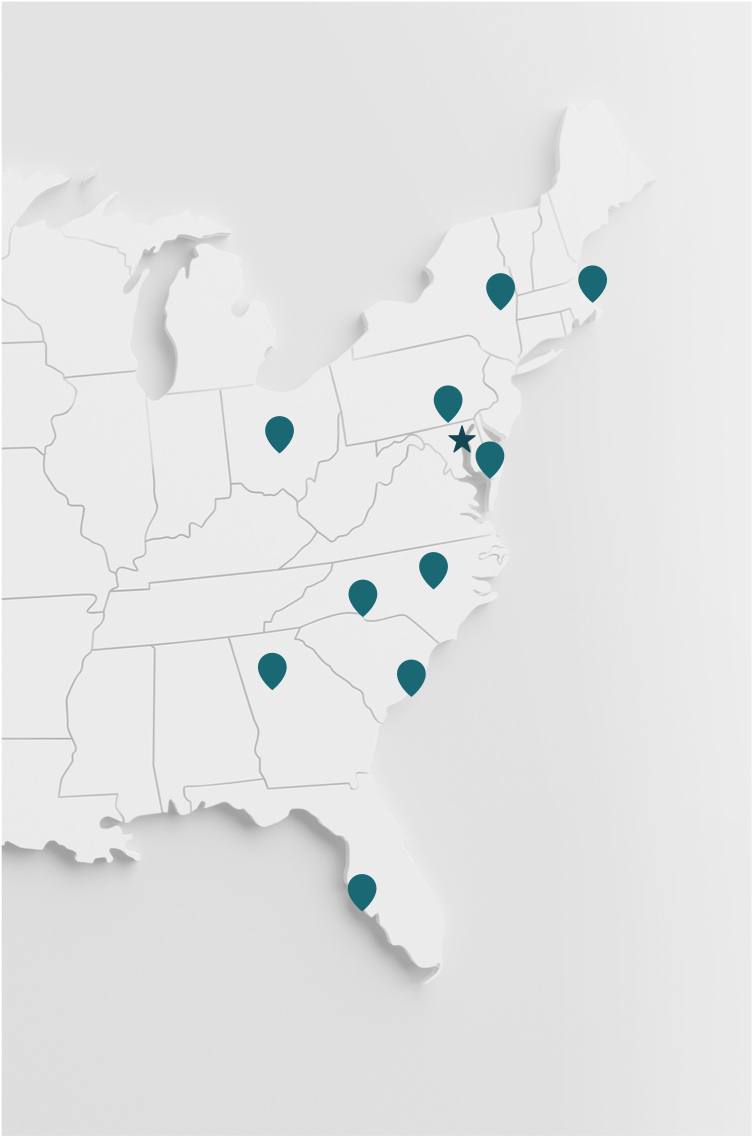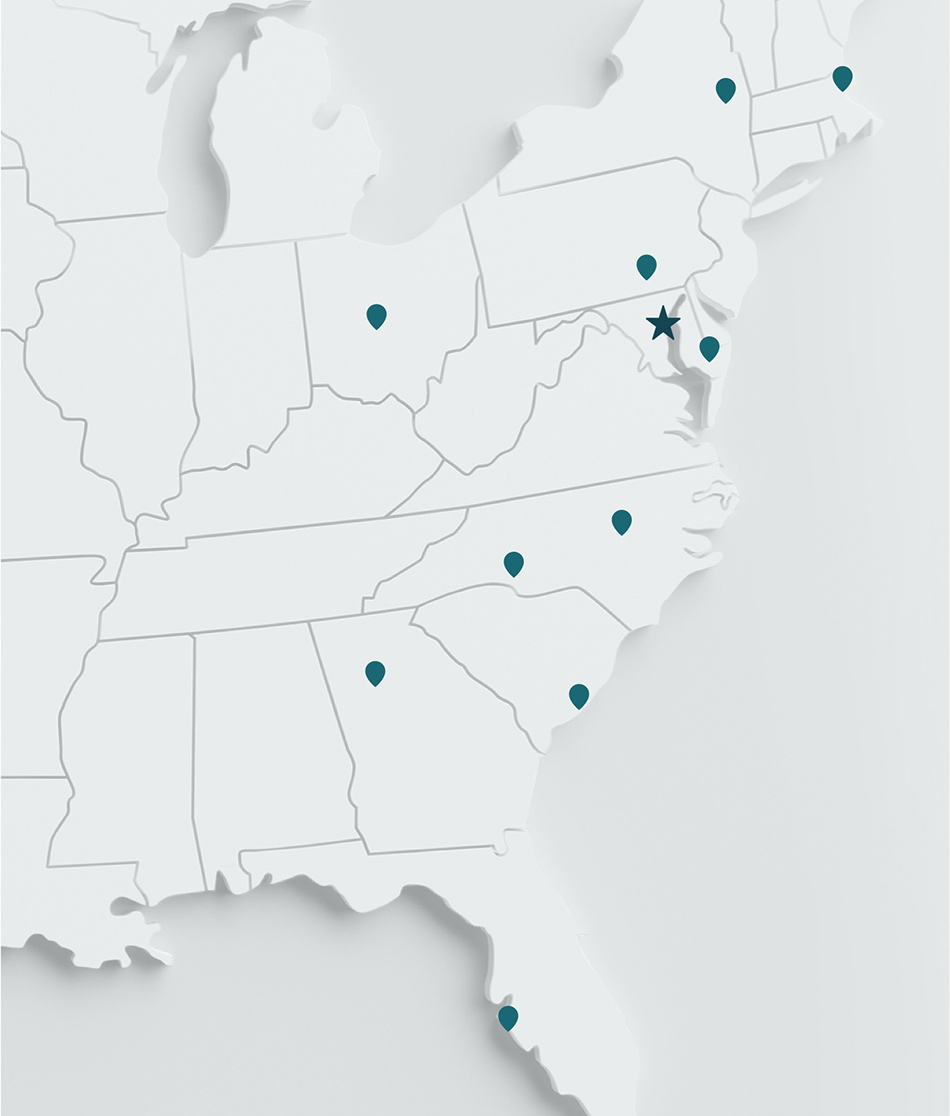Cambridge, MA – A significant effort to increase reliability and energy efficiency was recently completed at MIT’s Central Utility Plant where steam, electricity, and chilled water are generated to support hundreds of campus buildings.
The investments into water conditioning equipment included a 500,000 pound per hour feedwater deaerator, a 420 GPM 0.5 micron condensate vortex sand filter system, a 270 GPM raw water dealkalizer system, and a 600 GPM condensate polisher system.
The system improvements are part of MIT’s multi-year, multi-million commitment to deepen the Institute’s long-standing pledge to improve sustainability, foster energy efficiency and reduce waste in all campus activities.
The deaerator is a key component to the system operation by preheating city water and removing oxygen which can cause corrosive damage to the steam system.
MIT’s deaerator installation was not an ordinary application. Typically most higher education facility power plants utilize deaerators in the range of 50,0000 to 300,000 PPH capacity; this 500,000 PPH feedwater deaerator was custom designed to fit the available space and was ultimately installed in the central utility plant (CUP) at Massachusetts Institute of Technology (MIT). The large equipment coupled with complicated geometry and close tolerances presented a great challenge.
The additional water treatment equipment serves to remove particulate from the condensate system, remove alkalinity from the city water makeup, and hardness from the condensate system. This results in less system corrosion, wasted water, and chemical treatment and improved overall system efficiency. The vortex sand filter equipment was selected because of its superior performance over the existing cartridge style filters.
Before and after tests were conducted to confirm performance. Already, tests have demonstrated complete hardness removal by the condensate polishers, nearly 50% reduction in condensate particulate by the sand filters, and complete removal of dissolved oxygen by the deaerator.
The project has been commissioned and became fully operational in June 2012.
Owner: Massachusetts Institute of Technology
Engineers: RMF Engineering
Construction Manager: BOND Brothers
Mechanical Contractor: Beacon Piping
Deaerator Manufacturer: Kansas City Deaerator

